
Lack of standard definition of "religion:"
Whether Buddhism is, or is not, a religion depends upon how the word "religion" is defined. Lots of people have their favorite definition; some think that theirs is the only valid meaning for the term.
Some definitions required a religion to include belief in the existence of one or more deities; this would classify most expressions of Buddhism as a non-religious since it is essentially a non-theistic religion.
Other definitions do not require religion to include belief in a deity; these would probably include Buddhism as a religion.
For example:
Webster's New World Dictionary (Third College Edition): defines religion as: "any specific system of belief and worship, often involving a code of ethics and a philosophy."
Buddhism would not be considered a religion under this definition, because it is basically non-theistic: it does not generally involve worship of a supernatural entity.
Wikipedia once defined religion as: "... a system of social coherence based on a common group of beliefs or attitudes concerning an object, person, unseen being, or system of thought considered to be supernatural, sacred, divine or highest truth, and the moral codes, practices, values, institutions, traditions, and rituals associated with such belief or system of thought." 1
Buddhism could be considered a religion because its various forms share a system of thought that is considered to be the highest truth. It involves moral codes, practices, values, traditions and rituals.
More recently, Wikipedia have adopted the definition of the late Clifford Geertz, an anthropologist from Princeton: Religion is: "an organized approach to human spirituality which usually encompasses a set of narratives, symbols, beliefs and practices, often with a supernatural or transcendent quality, that give meaning to the practitioner's experiences of life through reference to a higher power, God or gods, or ultimate truth. 2,3
Here again, Buddhism would be considered a religion.
Anthony F.C. Wallace, a North American anthropologist who specializes in Native American cultures, suggested a definition as: "a set of rituals, rationalized by myth, which mobilizes supernatural powers for the purpose of achieving or preventing transformations of state in man or nature."4
Buddhism would not be considered a religion because it does not usually involve belief in supernatural powers.
Robert Bellah, professor at the University of California, Berkley, in a legal declaration concerning the nature of transcendental meditation (TM), defined religion as: "a set of symbolic forms and acts that relate man to the ultimate conditions of his existence." 5
If the word "forms" is defined broadly, this would seem to imply that Buddhism is a religion, along with TM.
H.L. Menken, 20th century editor, person of ideas, satirist, and Agnostic defined religion's "...single function is to give man access to the powers which seem to control his destiny, and its single purpose is to induce those powers to be friendly to him." 6
This would imply that Buddhism is not a religion, because it does not presuppose the existence of supernatural powers with whom humans can react.

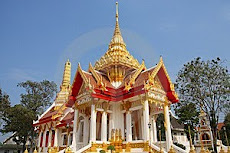


















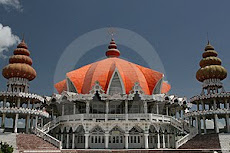

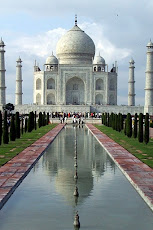




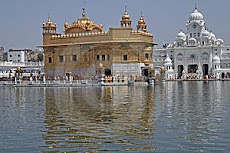
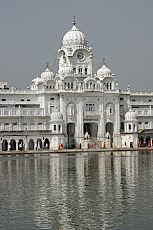
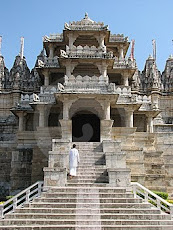






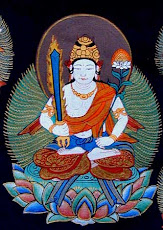







No comments:
Post a Comment